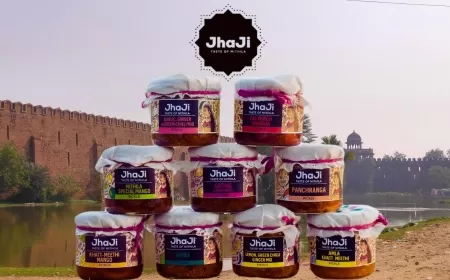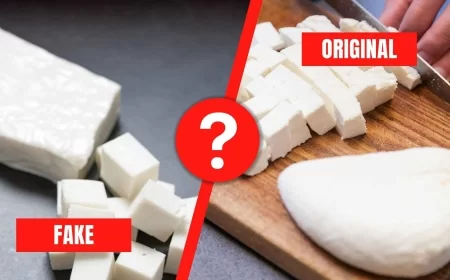FMCG Distributors Demand Clause for Return of Expired, Damaged Goods; Raise Red Flags on Quick Commerce Practices
FMCG distributors call on companies to include clear clauses for collecting expired and damaged stock. They also raise health safety concerns over quick commerce dark stores selling poor-quality goods.

In a fresh push for industry reforms, the All India Consumer Products Distributors Federation (AICPDF) has written to major FMCG companies urging the inclusion of specific clauses in bilateral agreements for the collection and replacement of expired or damaged products. The distributors’ body is pressing for a transparent, time-bound process for returns and compensation — a clause currently absent in most contracts.
In a separate letter addressed to the Ministry of Health and Family Welfare (MoHFW), the AICPDF has raised serious concerns about the alleged sale of damaged and expired products through quick commerce (qcom) platforms. It claims that many such goods are being stored in unsanitary dark stores, posing a potential health hazard to consumers.
The letter cites a recent inspection in Mumbai where health authorities found damaged food products stored in a dark store run by a major qcom operator. The facility reportedly lacked basic sanitation, ventilation, and pest control. A similar case in Bengaluru involved expired dairy and personal care items, again stored in a dark store linked to a quick commerce player.
AICPDF’s letter accuses FMCG brands of avoiding responsibility for retrieving unsold or defective stock, and demands that companies implement proper recall and disposal mechanisms. It also called on the government to subject dark stores to regular inspections and regulatory audits under the Food Safety and Standards Authority of India (FSSAI), including strict penalties for violations.
Additionally, the distributors' body has requested a formal meeting with health ministry officials to submit more evidence and advocate for a clear policy framework.
This development follows AICPDF’s March petition to the Competition Commission of India (CCI), accusing Blinkit, Zepto, and Swiggy Instamart of engaging in unfair pricing practices and creating monopolistic conditions in the FMCG sector. In response, the CCI has asked the Federation to furnish detailed information about market shares, exclusive distribution arrangements, and any evidence of discriminatory pricing — including differences based on location, device, or user behavior.
As scrutiny over quick commerce continues to build, the latest actions by distributors could prompt greater regulatory oversight and contractual reforms in the fast-growing FMCG delivery ecosystem.
What's Your Reaction?
 Like
0
Like
0
 Dislike
0
Dislike
0
 Love
0
Love
0
 Funny
0
Funny
0
 Angry
0
Angry
0
 Sad
0
Sad
0
 Wow
0
Wow
0




































































































